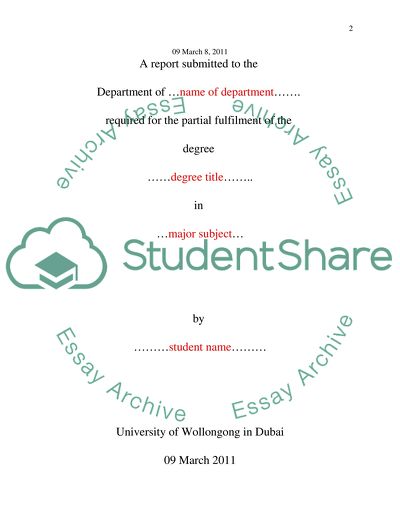Cite this document
(“International HRM Essay Example | Topics and Well Written Essays - 3000 words - 3”, n.d.)
Retrieved from https://studentshare.org/miscellaneous/1575826-international-hrm
Retrieved from https://studentshare.org/miscellaneous/1575826-international-hrm
(International HRM Essay Example | Topics and Well Written Essays - 3000 Words - 3)
https://studentshare.org/miscellaneous/1575826-international-hrm.
https://studentshare.org/miscellaneous/1575826-international-hrm.
“International HRM Essay Example | Topics and Well Written Essays - 3000 Words - 3”, n.d. https://studentshare.org/miscellaneous/1575826-international-hrm.


